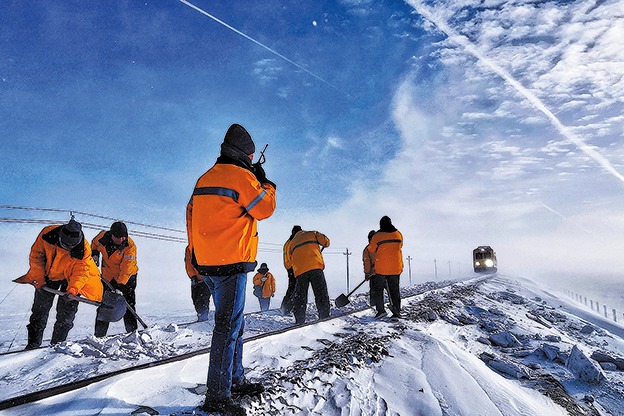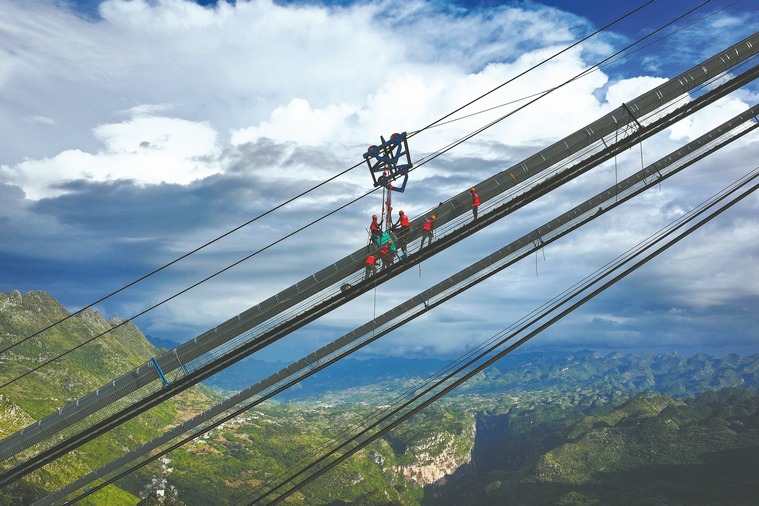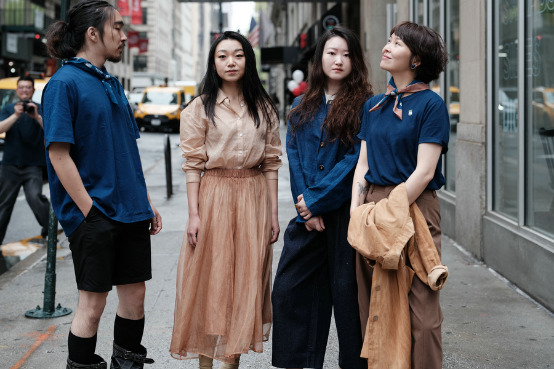Video: Heroes who?paid?the ultimate price

In early autumn of 1937, as war loomed over northern China, Zeng Huai fled into the mountains with others from Baiyatai village, a small hamlet in Lingqiu county, in what is today Datong, Shanxi province.
The Japanese army was advancing fast, and fear spread like wildfire — within days, they had massacred over 1,200 villagers. Days later, Zeng crept back down to the village to retrieve some supplies — and came face to face with a soldier from the Eighth Route Army.
Terrified, he froze — until the soldier gently said to him, "We don't hurt people."
That simple sentence stayed with Zeng for life. The soldiers asked him to lead them into the hills — and soon, the echoes of gunfire rolled through the valleys.
From his hiding place among the rocks, Zeng caught glimpses of chaos in the nearby gorge: Japanese convoys ambushed, explosions lighting up the narrow mountain pass, the air thick with smoke and grit.
It was Sept 25. That day, the 115th Division of the Eighth Route Army launched a bold surprise attack at Pingxingguan, delivering the first major Chinese victory of the Chinese people's War of Resistance Against Japanese Aggression (1931-45).
Poorly equipped, thinly clothed, and armed with a limited number of grenades, the soldiers relied on fierce determination — and shattered the myth of Japanese invincibility. News of the Pingxingguan Victory electrified a nation in despair.
Decades later, Zeng's grandson, Zeng Fusheng, still remembers his grandfather taking him to visit the old battlefield when he was a child.
"My grandfather told me how he and four soldiers hid under a rock as bullets flew overhead," Zeng Fusheng, now 66, recalls. "Now I often tell these stories to my children and grandchildren — I'm afraid they'll forget."



































